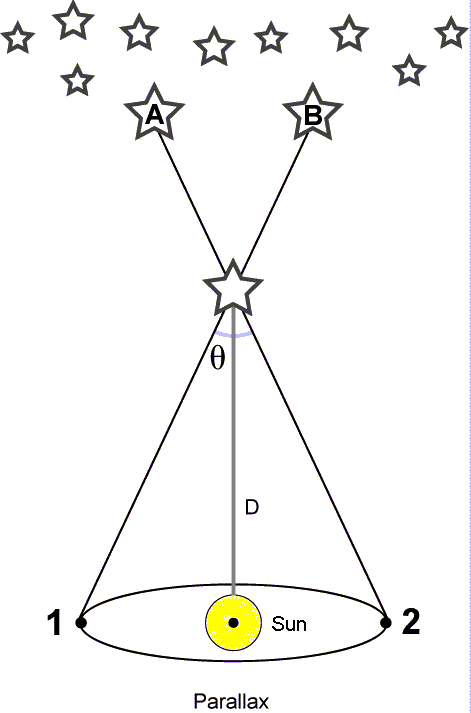Anselm of Canterbury made two great contributions to Christian thought. In Cur Deus Homo, he explicated the "substitutionary theory of the Atonement" which is foundational to all Catholic and most Protestant teaching on the reason for Christ's death. He is more famous for his "ontological proof of the existence of God," which begins with a definition of God as "that being greater than which nothing can be imagined." It is that definition of God that makes it possible to harness the human imagination in pursuit of truths that lie beyond the bounds of science.
Note that Anselm does not define God to be "the greatest being that can be imagined." That would be blasphemy--an infinite God can never fit within a finite mind! Anselm's definition does not enable us to prove that any particular idea about God is true--but it does provide evidence that some idea about God is false. When one compares two speculative ideas about God, the less glorious one is not "that being greater than which nothing can be imagined." Using Anselm's method, that being is therefore not God.
Thus, for example, one could posit that the universe spontaneously emerged out of nothing by a fluke of physics or that it was all arbitrarily created by a flying spaghetti monster. Anselm's method would rule out the Pastafarian doctrine in favor of the more secular answer. While there may be no scientific way to prove that the universe was not created by a touch of His Noodly Appendage, this metaphysical method provides a definite (albeit non-scientific) answer.
Albert Einstein is the clearest example of a modern scientist who relied on this approach on a regular basis. Einstein's "religion" did not include a traditional belief in a conscious, personal God, but his reverence for Nature itself is well known. Every collection of Einstein quotes shows his "spiritual" emphasis. Here are just a few examples:
- "I want to know God's thoughts; the rest are details."
- "God is subtle but he is not malicious."
- "My religion consists of a humble admiration of the illimitable superior spirit who reveals himself in the slight details we are able to perceive with our frail and feeble mind."
Einstein's "blunders" highlight the weakness of this metaphysical method. "Greater" and "lesser" are subjective terms that import human value judgments into a discussion of the universe. Einstein preferred "defined" over "undefined" and "static" over "expanding," and these preferences directed his science.
Whether or not it tells us anything about the universe, this method of metaphysics should help thinkers clarify their own values. Einstein rejected the faith of his Hebrew fathers. The Torah said that God created the universe out of nothing and judged humans for their choices; Einstein believed the universe was eternal and that moral judgments were meaningless in a fully-determined universe. Einstein's metaphysics led him to make what proved to be mistakes about science, but those mistakes enable us reevaluate Einstein's values. In hindsight, Einstein got his science wrong because he had his values wrong.
In light of Anselm's definition and Einstein's example, I propose the following method of metaphysics:
- Pick some fact that is more-or-less explained by the "standard model" of current science.
- Generate a "speculative model" which explains this fact in some alternative manner at least as well as the standard model.
- Define at least one "human value" which makes the speculative model "greater."
- Make a "metaphysical claim" that the speculative model is "greater" than the standard model in terms of at least one human value.
- Permit others to critique this metaphysical claim by falsifying the science or by articulating countervailing values in which the standard model is "greater."
- If the speculative model can be falsified, return to step 2.
- If the standard model is "greater" in some ways and the speculative model is "greater" in others, focus on what these value differences reveal about human beings.
- If the speculative model is in all ways "greater" than the standard model and accounts for all the facts, focus on what this reveals about reality. Metaphysics would say, at this point, that the standard model is wrong, and would encourage science to develop new ways to falsify it.



